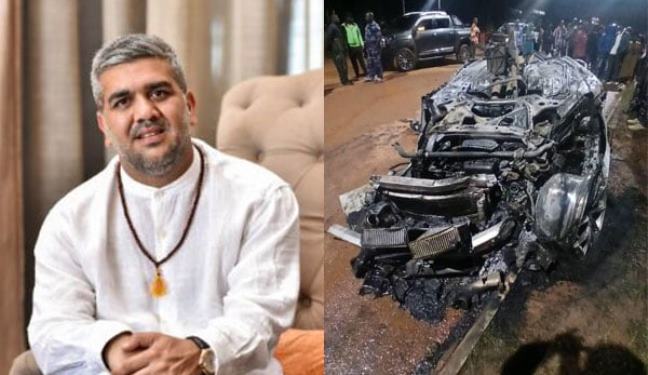If the late Anglican Ugandan Archbishop Janan Jakaliya Luwum were to return today, he would likely be dismayed by the current generation of religious leaders in Uganda. Far from standing up for human rights, democracy and against corruption, many of Uganda’s top clergy have become complicit in the authoritarian excesses of the Museveni regime.
Fear and self-censorship have gripped the country’s cathedrals, as religious leaders remain silent in the face of egregious human rights violations, endemic corruption, and the erosion of democratic freedoms.
Constitutionally, Uganda enshrines “freedom of religion”, with major faiths like Islam, Catholicism, Anglicanism, Adventism and Pentecostalism represented. Yet rather than using this platform to speak truth to power, many clerics have become accomplices and enablers of the authoritarian state.
During the 2023 commemoration of the November 18-19 Massacre, for example, opposition leader Bobi Wine invited religious leaders to preside over prayers.
To the public’s dismay, the clergy unanimously refused, only to eagerly attend partisan events at State House. This selective engagement raises serious questions about the clergy’s political impartiality and commitment to serving all Ugandans, regardless of their affiliations.
In remote rural areas, some pastors have even been complicit in election malpractices and the suppression of opposition political activities.
Prominent preachers like Aloysious Bugingo routinely denounce Bobi Wine’s NUP party, discouraging citizens from participating in democratic processes. This praise for “gun power” over people power is a disturbing trend among Uganda’s clergy.
Meanwhile, the country continues to be plagued by industrial-scale corruption, with an estimated 44% of government revenue siphoned off annually.
Yet religious leaders remain silent, even as they receive lavish donations from the state and shamelessly flock to the mansions of corrupt officials. The same clerics who vociferously condemn LGBTQ rights seem unwilling to speak out against these egregious abuses.
It is high time for Uganda’s Interreligious Council to undertake urgent reforms. Religious leaders must reclaim their mandate, retool in the areas of accountable governance and democracy, and overcome their fear of the state.
Only then can they hope to liberate themselves from captivity and reverse their undemocratic complicity. The legacy of Archbishop Luwum demands no less.
Check also;
- Bebe Cool Criticizes Religious Leaders For Keeping Silent About Bobi Wine
- Faith And Matrimony: The Role Of Religious Traditions In Weddings
Please use the button below to contribute to Newslex Point, Inc. using a credit card or via PayPal.

 Newslex Point News in Uganda, Uganda news
Newslex Point News in Uganda, Uganda news












